Dental emergencies can happen to anyone. They can range from minor issues to serious situations needing immediate care. Understanding what qualifies as an extreme dental emergency is important. This knowledge can help you preserve your oral health and reduce pain.
What Constitutes an Extreme Dental Emergency?
An extreme dental emergency requires urgent action. Delaying treatment can lead to severe health issues or intense discomfort. Here are some common examples of extreme dental emergencies:
Severe Toothache
A severe toothache is more than just a nuisance. It can indicate an infection, especially if you also have swelling or fever. This pain usually means bacteria have entered the tooth’s pulp. If you experience this type of pain, seek treatment right away. Ignoring it can lead to serious complications.
Knocked-Out Tooth
If your tooth gets knocked out due to an injury, act quickly. Time is crucial for saving the tooth. You should see a dentist within 30 minutes to an hour. Keep the tooth moist by placing it in a container with milk or saline. Avoid touching the root of the tooth. The sooner you get help, the better your chances of saving it.
How to Choose the Best Dentist in Kendal for Your Family?
Fractured or Chipped Tooth
A fractured or chipped tooth can cause significant pain. It also increases the risk of further damage. If the fracture exposes the inner part of the tooth, it can lead to severe discomfort and infection. Get an evaluation as soon as possible. Your dentist will determine the best treatment.
Soft Tissue Injuries
Soft tissue injuries can happen to your gums, lips, or cheeks. Cuts or tears in these areas can be painful and prone to infection. If you experience heavy bleeding or have difficulty swallowing, seek immediate care. These situations can worsen without treatment.
Dislodged Dental Restorations
Losing a dental restoration, such as a crown or filling, can expose sensitive parts of your teeth. This can lead to pain and further issues. If this happens, see a dentist quickly. They will restore the affected tooth and prevent additional damage.
Severe Jaw Pain or Dislocation
Extreme pain in your jaw can indicate a serious problem. It may be a fracture or a disorder related to the temporomandibular joint (TMJ). You need to seek immediate attention to relieve pain and restore normal function.
The Importance of Immediate Care
In all the situations mentioned, time is critical. Delaying treatment can make the problem worse. It can lead to severe complications and longer recovery times. Seeking prompt care from a dentist can significantly impact your outcome. You will receive the necessary treatment to ease your pain and protect your oral health.
What to Do in an Extreme Dental Emergency
Knowing what steps to take during an emergency can make a big difference. Here’s what you should do:
- Stay Calm: Panic can make the situation worse. Take deep breaths to calm yourself.
- Contact a Dentist: Call your dentist immediately. If they are unavailable, find an emergency dental clinic nearby.
- Follow Instructions: Your dentist may give you advice over the phone. Follow their instructions carefully until you can see them.
- Manage Pain: For pain relief, take over-the-counter pain medications like ibuprofen or paracetamol. Avoid placing aspirin directly on your gums, as this can harm your tissue.
- Control Bleeding: If you have a bleeding injury, apply gentle pressure with a clean cloth or gauze. If bleeding doesn’t stop after 15-20 minutes, seek immediate care.
- Preserve Injured Teeth: If you have a knocked-out tooth, handle it by the crown and rinse it gently. Place it back in its socket if possible, or keep it in milk or saline until you reach a dentist.
- Don’t Wait: If you are unsure whether your situation is an emergency, it’s better to err on the side of caution. Contact a dental professional for advice.
Preventing Dental Emergencies
While not all emergencies can be avoided, you can take steps to reduce your risk. Here are some tips:
- Maintain Good Oral Hygiene: Brush your teeth twice a day and floss daily. Regular dental check-ups help catch issues early.
- Wear a Mouthguard: If you play contact sports, always wear a mouthguard. This can protect your teeth from injury.
- Avoid Hard Foods: Be cautious with hard candies or ice. Biting down on these can crack or chip your teeth.
- Address Dental Issues Early: If you notice any changes in your teeth or gums, see your dentist right away. Early treatment can prevent emergencies.
Conclusion
Understanding what constitutes an extreme dental emergency is essential. Knowing how to respond can save your teeth and your health. Always seek immediate care for serious dental issues. Remember, prevention is key. Practising good oral hygiene and being cautious can help you avoid emergencies in the first place. Stay informed and be proactive about your dental health. Your smile is worth it!
Contact us now
Contact Us for Immediate Assistance!
If you find yourself facing a dental emergency, Kendal Dental Aesthetics and Implant Clinic is here to help. Our dedicated team is ready to provide you with the urgent care you need. Whether it’s a severe toothache, a knocked-out tooth, or any other urgent dental issue, we have the expertise to assist you.
Don’t wait until it’s too late! Contact us now to schedule an appointment and receive the immediate care you deserve. Your oral health is our priority, and we are committed to ensuring you get back to feeling your best as soon as possible.
Frequently Asked Questions
How can I manage severe tooth pain at home?
For severe tooth pain, rinse your mouth with warm salt water, take over-the-counter pain relievers, and apply a cold compress to reduce swelling until you see a dentist.
What should I do if I knock out a tooth?
If you knock out a tooth, hold it by the crown, rinse it gently, and place it in milk or saline. Seek dental care immediately for the best chance of saving it.
Are all dental issues emergencies?
Not all dental issues are emergencies. Minor problems like small chips or dull toothaches can often wait for a regular dental appointment, but severe pain or bleeding needs immediate attention.
What causes a dental abscess?
A dental abscess occurs when bacteria infect the tooth’s pulp, leading to pus buildup. It causes swelling, pain, and can spread if untreated, making prompt dental care essential.
Can I go to the emergency room for dental issues?
Yes, you can visit the emergency room for dental issues, especially if you’re experiencing severe pain or bleeding. However, follow-up care from a dentist is usually necessary.
How can I prevent dental emergencies?
Prevent dental emergencies by maintaining good oral hygiene, wearing a mouthguard during sports, avoiding hard foods, and addressing dental problems promptly during routine check-ups.


